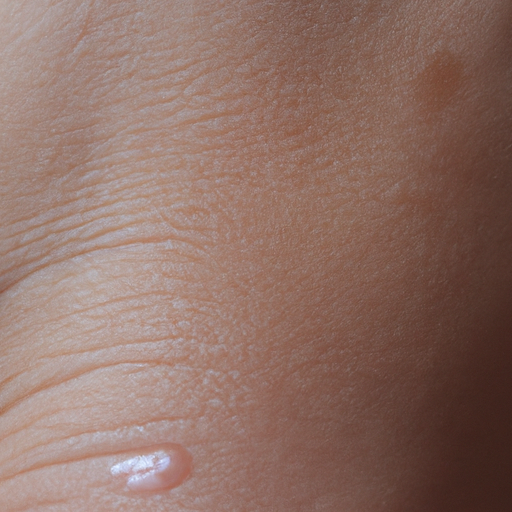As a medical professional, I’ve encountered countless patients struggling with oily skin. It’s a common concern that can lead to acne, blackheads, and an unwanted shine. But, with the right skincare regimen and lifestyle changes, it’s possible to manage oily skin effectively. Here are six essential tips to help you conquer oily skin.
1. Choose the Right Cleanser: The first step in managing oily skin is to find a cleanser that works for your skin type. Look for a product that is oil-free and non-comedogenic, meaning it won’t clog your pores. Some people find that cleansers containing salicylic acid or benzoyl peroxide can help reduce oil production. However, these ingredients can be drying, so it’s important to use them sparingly and follow up with a moisturizer.
2. Moisturize Daily: It may seem counterintuitive to apply moisturizer to oily skin, but it’s a crucial step in your skincare routine. When your skin is dehydrated, it can actually produce more oil to compensate. Look for a lightweight, oil-free moisturizer that will hydrate your skin without making it feel greasy.
3. Use a Clay Mask: Clay masks can be extremely beneficial for those with oily skin. They work by absorbing excess oil and impurities from your pores, leaving your skin feeling clean and refreshed. Try using a clay mask once or twice a week for best results.
4. Watch Your Diet: What you eat can have a significant impact on your skin’s oil production. Diets high in sugar and unhealthy fats can stimulate oil production, leading to shinier skin. Try to incorporate more fruits, vegetables, and lean proteins into your diet, and limit your intake of processed foods.
5. Stay Hydrated: Drinking plenty of water is essential for maintaining healthy skin. When you’re dehydrated, your skin can become dry and tight, which can trigger more oil production. Aim to drink at least eight glasses of water a day to keep your skin hydrated and healthy.
6. Don’t Over-Wash: While it may be tempting to wash your face multiple times a day to remove oil, this can actually make your skin produce more oil. Over-washing can strip your skin of its natural oils, causing it to produce even more to compensate. Stick to washing your face once in the morning and once at night, and after heavy sweating.
Remember, everyone’s skin is different, and what works for one person may not work for another. It may take some trial and error to find the right products and routine for you. If you’re struggling with oily skin and aren’t seeing improvement with over-the-counter products, it may be worth consulting with a dermatologist. They can provide more personalized advice and may be able to prescribe stronger treatments if necessary.
In conclusion, while oily skin can be frustrating, it’s entirely possible to manage with the right care and attention. By following these six tips, you can help reduce excess oil, prevent breakouts, and achieve a healthier, more balanced complexion.



